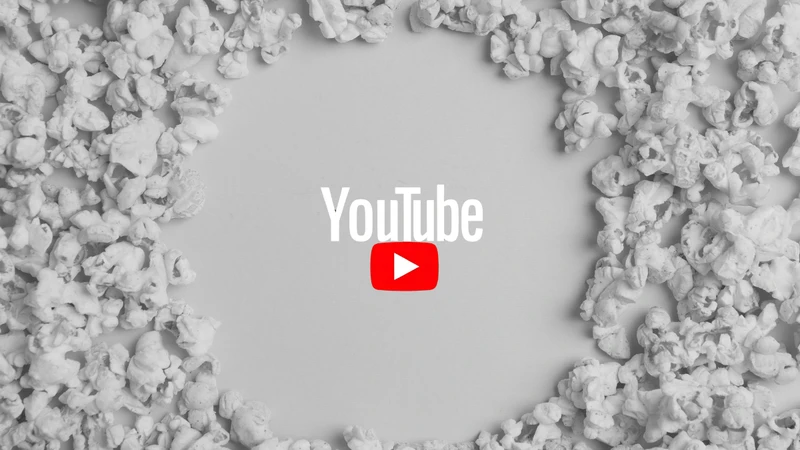
Created in Canva
Things That Wasted My Time as a Chess Improver
Here are some of the biggest things I used to spend time on while trying to improve at chess, and what I learned from them.1. Solving Random Puzzles
That was the most enjoyable process for me, since it was fun and addictive. You instantly get that dopamine spike once you see the correct solution. But that was not actually improving my game, because the real struggles weren’t in random tactical motifs, but in other chess areas. Instead, studying tactics that come from your own games and training the patterns you actually mess up in real play can improve your tactical vision better.
2. Watching Chess Videos for Hours
There is a lot of chess content on YouTube, and at some point it becomes like you just buy popcorn and watch it like Netflix. While it is entertaining, it barely turns out to be educational because it is all just passive consumption. Instead, actively engaging with the content—pausing the video, guessing the moves, and applying the newly discovered ideas in your game is what really matters.

3. Memorizing Too Many Opening Lines
When I was starting to play chess, I was advised to memorize a lot of opening lines in order to get a competitive edge in the tournament arena. But that was such a shallow approach that wasn't developing the proper thinking that is necessary for chess players. You need to understand the plans and ideas that are associated with a certain opening. Learning so many of them instead of going really deep into the one you already play is just scattering your attention and not helping you really improve. Understanding plans is what carries you when theory runs out.
4. Following Rigid Study Plans
Traditional courses and improvement plans didn’t really match my actual problems. In fact, they are too general in essence, teaching what “should” help everyone, but not what is specifically needed for each player. Again, we come back to the same concept—your own games are your best teacher. Analyzing your own games and spotting patterns is your personal study guide.
5. Underestimating the Physical and Mental Side of Chess
This is specific for OTB tournaments. Chess burnout is real. Tournaments can be very exhausting, so proper conditions that include sleep, rest, and an eat-well loop are more important than preparation for the game itself. The longest game I ever played was at one youth championship and lasted seven hours. Eventually, I won, but afterwards, I just collapsed :) Professional OTB chess completely differs from the online sphere and is much more demanding, both physically and mentally.
The point is not to work harder or follow general improvement schemes, but to work smarter by reflecting on your own shortcomings. You are your best teacher.
You may also like
 WGM jovanaeric
WGM jovanaericThe Comfort of Repetition
When repetition becomes a strategy. WGM jovanaeric
WGM jovanaericChess Oracle’s Riddle Series (3)
Riddle series, week three. Dropping three new ultra-minimal challenges. WGM jovanaeric
WGM jovanaeric